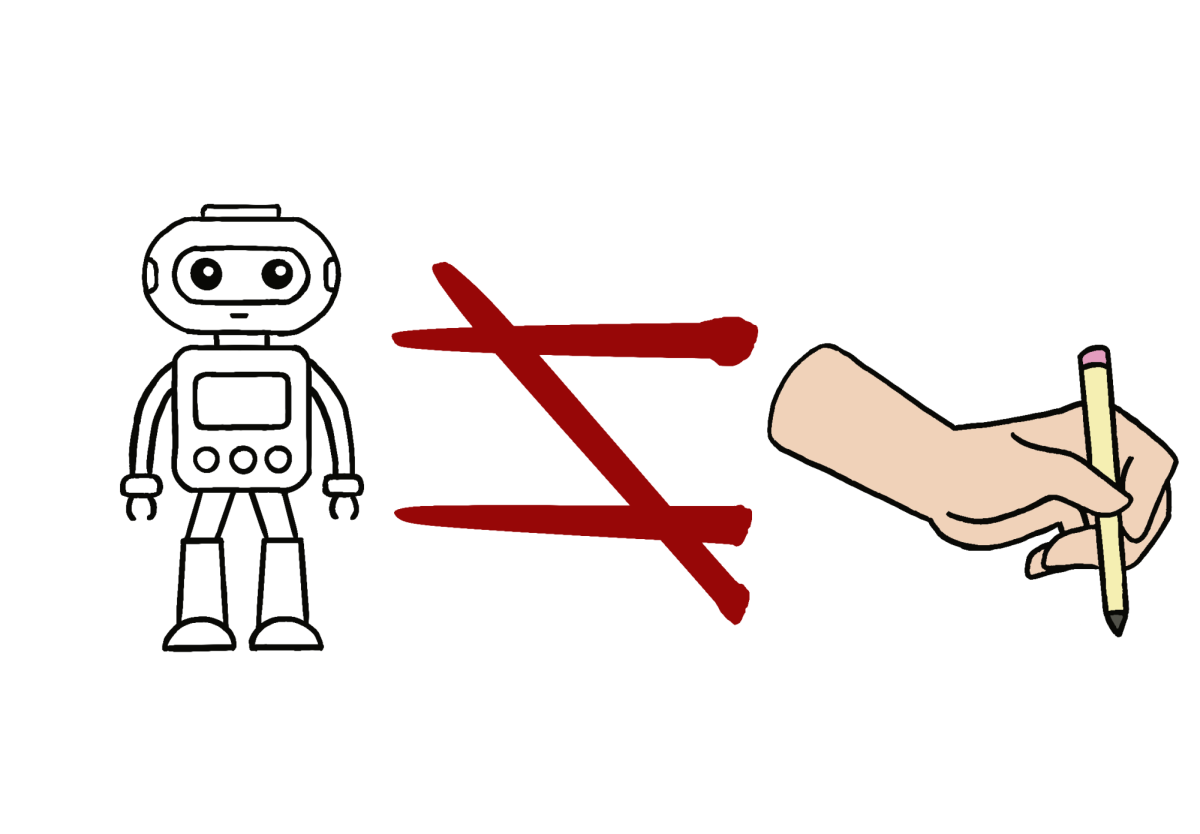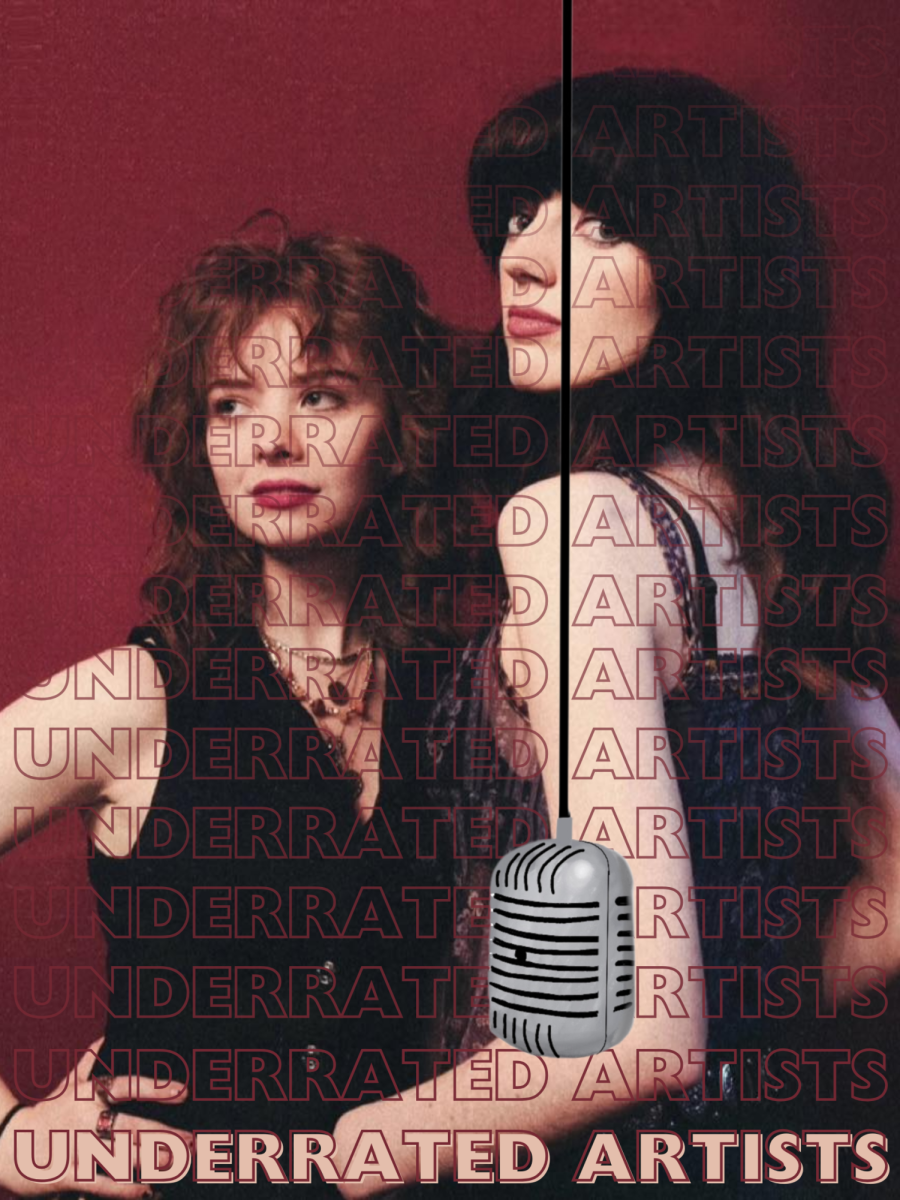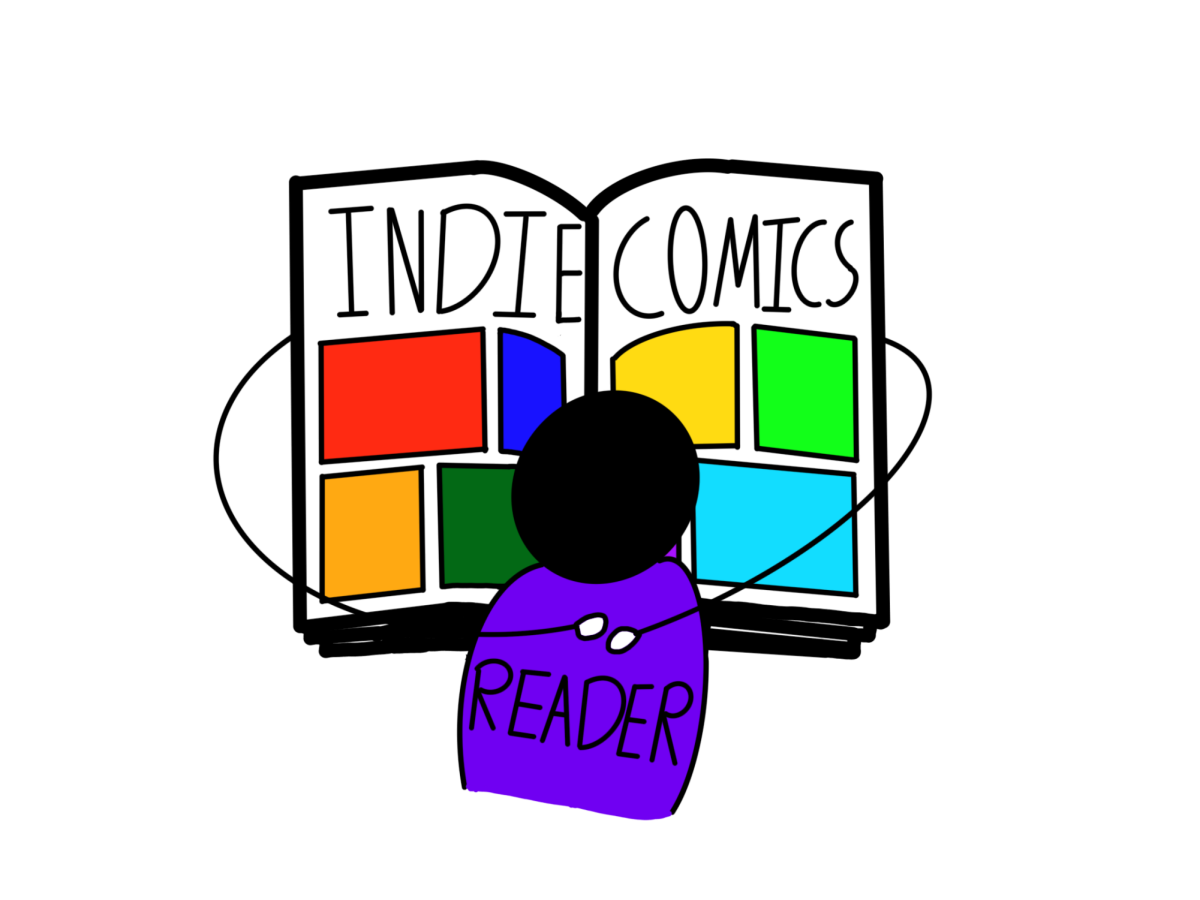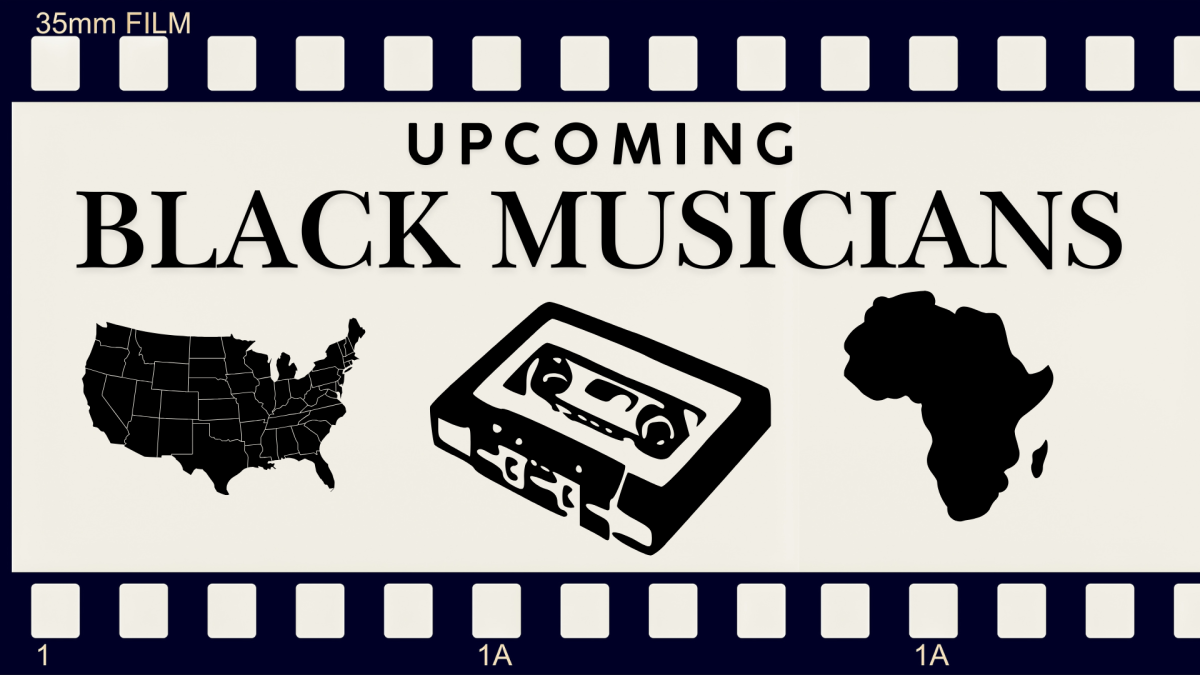Classics are often touted as the pillars of literature. When looking for more scholarly book recommendations, I have often come across comments or articles overstating the effects classics have on your intelligence. It is frustrating when people completely dismiss contemporary literature for being too simple or too new because newer books can be just as complex as classic literature and tend to be far more diverse than the latter.

I am not a critic of classical literature itself. In elementary school, I enjoyed many classics, including “Black Beauty,” “Frankenstein,” “Treasure Island” and “20,000 Leagues Under the Sea.” I also read a large amount of contemporary literature in various genres. This gave me a more well-rounded perspective on many topics, including class struggles, morals and prejudice.
Limiting yourself to classics is extremely homogeneous. Given the periods, most classics were written by white people who expressed their closeted worldviews. Some classics also age poorly due to their use of now-disproven ideas like eugenics and blatant prejudice.
For example, “The Last of the Mohicans” was amazing, but it was also very racist and sexist. It became difficult to read because of how often Native Americans and women were insulted. On the other hand, modern books tackle the same topics that classics do without using dated language but are just as eloquent and hard-hitting as their classical counterparts. Simpler language makes them more accessible but they still write beautifully and make hard-hitting points.
Books like “Pride and Prejudice,” “Little Women” and “Jane Eyre” are no doubt canon of feminist literature. However, contemporary feminist literature has voices that bring light to more injustices than the classic authors could have dreamed of. Books like “All the Rage,” “Tyler Johnson Was Here” and “The Color of the Sky is the Shape of the Heart” tackle issues such as rape culture and police brutality.
My personal favorite is “The Silence that Binds Us” by Joanna Ho. It provides a rich commentary on racism, sexism and liberal society as a whole. While it does not have the scholarly feel of Jane Austen, it fights against societal issues in its own way. This book was not made for the rich or the intellectuals, but for the mixed-class majority that values modern societal values.
Critics often argue that works that address social issues but are not classics will not stand the test of time. However, I do not think that matters. The books that will be forgotten will still impact the people of the present, which is just as important.
When I read books about someone like me, I feel represented and I feel like I can make an impact. They left an impression on me and made me believe my voice could be heard.
Considering this, contemporary literature is just as deep, complex and relevant as classical literature. Pieces of literature are often judged by complexity and age instead of immediate impact and overall content. Reading classic literature may improve your vocabulary, but reading good literature makes you a better person overall. Without diversity, you will never know everyone’s truth.















